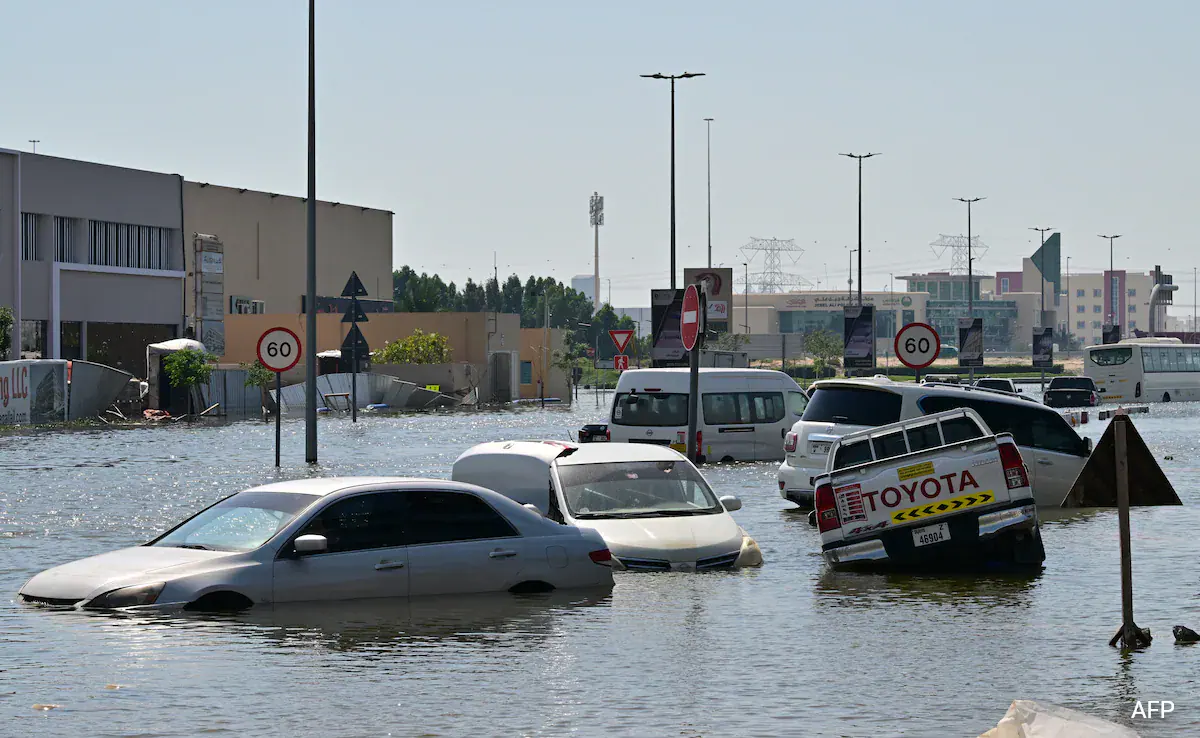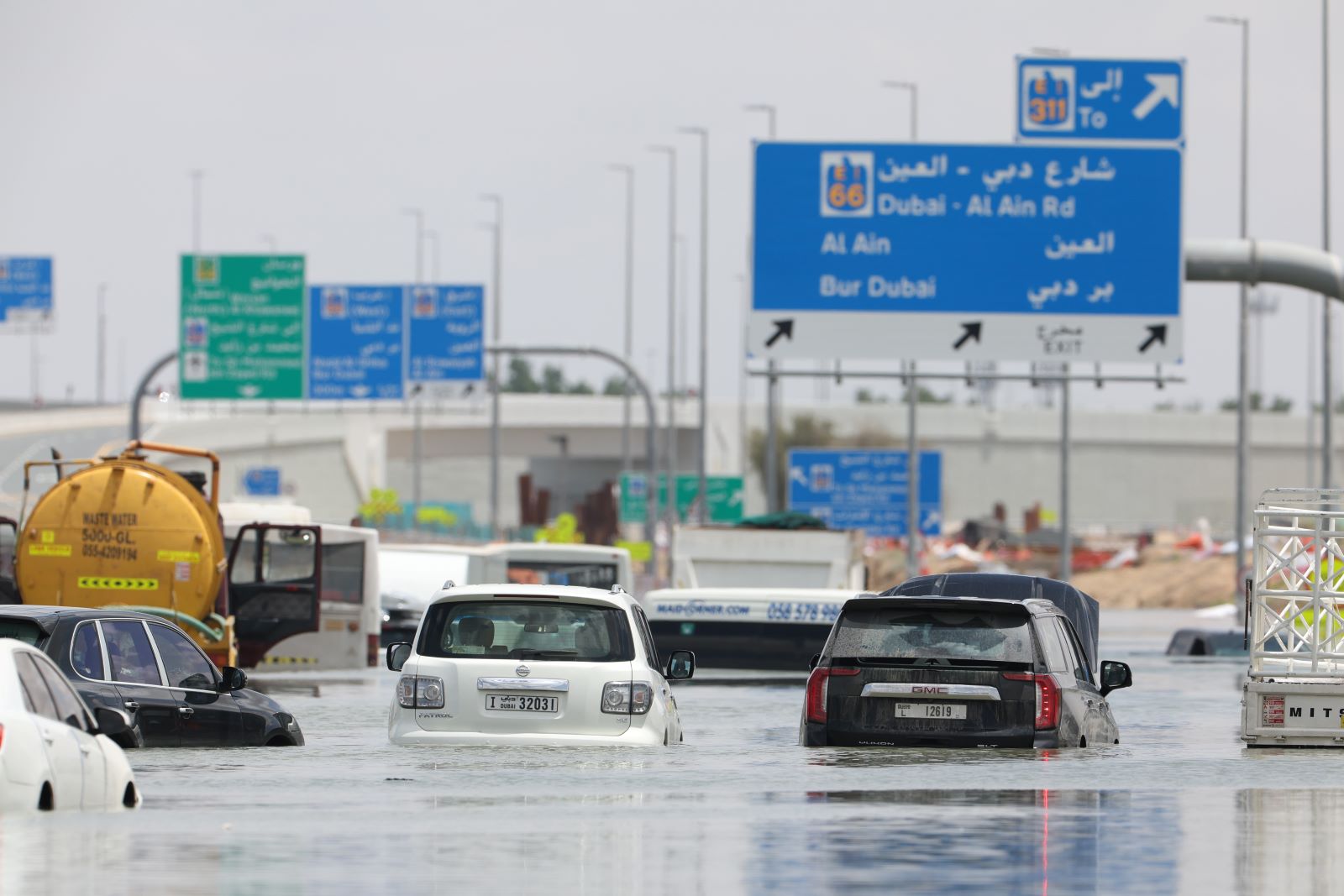The recent flooding in Dubai highlights a significant challenge for urban engineering in the face of climate change. Despite the modernization and expansion of cities worldwide, there remains a critical lack of infrastructure to manage excessive rainfall and other extreme weather events.
Cities like Dubai, built on previously uninhabitable terrain, exemplify urban development practices from the 20th century that disrupt natural water absorption systems. As populations grow and produce more waste, the demand for landfills and waste disposal methods increases, exacerbating drainage issues in major cities.
Last Tuesday, the UAE experienced exceptionally heavy rainfall, with some areas receiving over 10 inches, equivalent to the country’s annual average. This trend of intensified rainfall is expected to worsen, posing significant challenges for cities like Dubai.

Dubai’s urban world, characterized by concrete structures, obstructs natural water absorption into the soil. Consequently, last week’s rainfall resulted in significant flooding, marking the highest precipitation recorded since 1949.
Architect Ana Arsky emphasized the detrimental impact of paving over natural drainage systems, hindering water absorption and exacerbating flooding. Additionally, the rapid urbanization trend contributes to increased waste production, further straining drainage systems.
Even established cities with drainage systems face similar challenges, as seen in New York City, where intense rainfall led to widespread flooding last fall. Despite efforts to maintain drainage systems, the sheer volume of water overwhelmed existing infrastructure.

To address these challenges, innovative solutions are emerging, such as Greenmetrics.AI’s predictive analytics to anticipate rainfall impacts and Vapar’s sewer inspection robots. These technologies enable authorities to proactively manage drainage systems and mitigate flood risks.
Moreover, initiatives like 4 Habitos Para Mudar o Mundo focus on waste management and sustainable building materials to minimize the impact on drainage systems.
However, the increasing frequency of flooding serves as a stark reminder of the urgent need for climate change adaptation and resilience-building measures worldwide.
As Arsky aptly notes, climate change affects all regions indiscriminately, emphasizing the need for global cooperation and innovative solutions to address its impact.







Leave a Reply